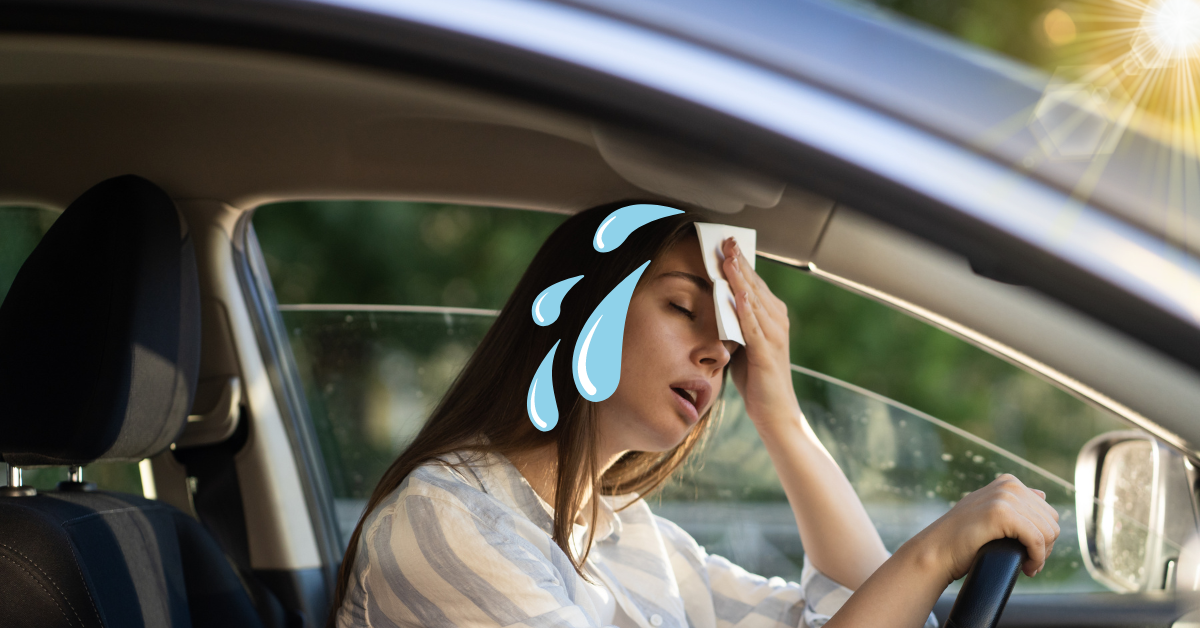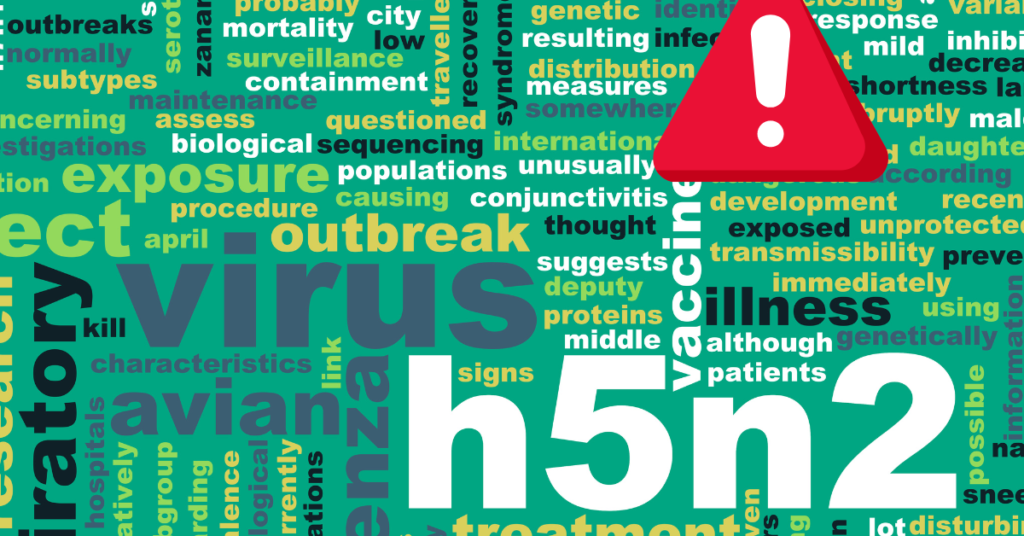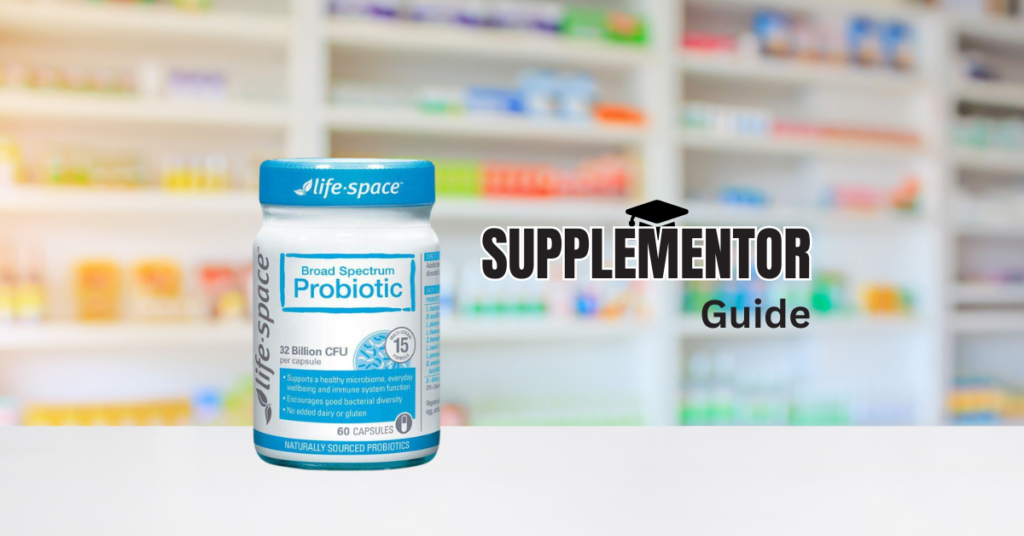CUACA PANAS!
Recently, Malaysia has experienced notably hot weather, characterized by prolonged periods of intense heat and humidity. Across the country, temperatures have soared, often reaching above-average levels, particularly during the daytime.
The combination of high temperatures and humidity has created conditions that can be challenging for residents and visitors alike, necessitating heightened awareness of heat-related health risks and the adoption of strategies to stay cool and hydrated.
Here are 8 health tips to cope with a hot weather:
1. Stay Hydrated:
- Drink Plenty of Water: In hot weather, it’s essential to stay hydrated by drinking water throughout the day. Aim for at least 8-10 glasses of water daily, or more if you’re active or sweating heavily (Yale Medicine).
- Avoid Dehydrating Beverages: Limit intake of caffeinated drinks (like coffee and tea) and alcoholic beverages, as they can increase dehydration (British Red Cross).
- Use Sports Drinks Wisely: If you’re engaging in prolonged or intense physical activity, consider using sports drinks to replenish electrolytes lost through sweating (Yale Medicine).
2. Dress Appropriately:
- Wear Lightweight Clothing: Choose loose-fitting, light-colored clothing made from breathable fabrics like cotton to help keep your body cool (www.heart.org).
- Protect Your Skin: Wear hats, sunglasses, and sunscreen with at least SPF 30 to shield your skin from harmful UV rays (www.heart.org).
3. Plan Outdoor Activities:
- Time Your Activities: Schedule outdoor activities during the cooler parts of the day, such as early morning or late evening (British Red Cross).
- Take Breaks: During outdoor activities, take regular breaks in the shade or indoors to cool down and hydrate (www.heart.org).
4. Monitor Your Health:
- Know the Signs of Heat-Related Illnesses: Be aware of symptoms like dizziness, confusion, nausea, headache, rapid heartbeat, or muscle cramps, which could indicate heat exhaustion or heat stroke (Landmark Health).
- Listen to Your Body: If you start feeling unwell or overheated, rest in a cool, shaded area and drink water (NIH News in Health).
5. Stay Cool Indoors:
- Use Air Conditioning: Spend time in air-conditioned spaces during the hottest part of the day to lower your body temperature (NIH News in Health).
- Keep Your Home Cool: If you don’t have air conditioning, use fans, close blinds or curtains during the day, and consider visiting public places with air conditioning (British Red Cross).
6. Eat Light and Balanced Meals:
- Choose Cooling Foods: Opt for light, refreshing meals that include fruits, vegetables, and salads to help stay hydrated (British Red Cross).
- Avoid Heavy Foods: Limit intake of heavy or hot meals that can increase body temperature (British Red Cross).
7. Be Prepared:
- Know Your Limits: If you have underlying health conditions or take medications, consult with your healthcare provider about specific precautions to take during hot weather (Yale Medicine).
- Have Emergency Supplies: Keep a first aid kit handy and know how to respond to heat-related emergencies like heat exhaustion or heat stroke (Landmark Health).
8. Check on Vulnerable Individuals:
- Monitor Children and Elderly: Keep an eye on children, elderly individuals, and those with chronic illnesses, as they are more vulnerable to heat-related illnesses (CDC).




